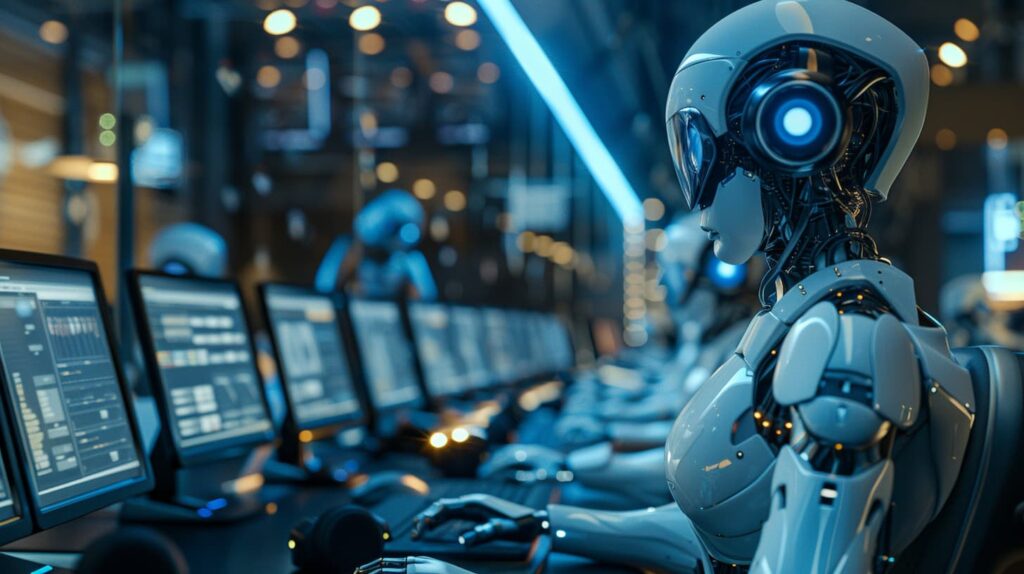Goldman Sachs says the world is still in the early stages of an AI-driven economic boom, highlighting that productivity gains and capital spending could scale far beyond what investors currently expect.
In a new interview on CNBC, Joseph Briggs, senior global economist at Goldman Sachs, says people who spew the narrative that the AI buildout has already reached unsustainable levels are missing the big picture.
“There’s this common narrative that we hear that we’re spending hundreds of billions of dollars in CapEx and that this spending is unprecedented. And that’s certainly true if you look at things in nominal dollar terms. However, anytime you’re comparing macro aggregates, you need to scale by GDP or some other normalizing factor.”
He emphasizes that when benchmarked against historical cycles, today’s AI investment footprint is still small and poised to grow meaningfully as model performance improves and infrastructure needs accelerate.
“And when we do that, we see that the total amount of AI spending in the US today is actually a little bit below 1%. If we look back at IT spend, the buildout of infrastructure, railroads, canals in the UK in the 1600s, generally, these infrastructure investment impulses rose to 2 to 5% of GDP. And so we’re not at levels that are unprecedented or even that large.”
Briggs says the rapid pace of model improvement, rising demand for compute, and the need to support AI inference at scale will push infrastructure requirements higher.
“As long as the increase in spending leads to improvement in model performance… then companies will have an incentive to continue to grow computing resources. At the same time, there’s going to be a lot of need for compute to support the inference that’s going to be necessary to unlock the significant productivity gains that we expect over the next 10 years. And so this is going to require a lot of spending.”
Quantifying the potential economic impact of the AI spend, Briggs predicts that widespread artificial intelligence adoption could lead to a massive boost in productivity to the tune of trillions of dollars.
“And if we’re right and AI is going to lead to a 15% gross uplift to labor productivity following full adoption, that’s going to create a lot of economic value. And as that economic value is realized, I think it is going to… be evaluated at something like $8 trillion today.”
Disclaimer: Opinions expressed at CapitalAI Daily are not investment advice. Investors should do their own due diligence before making any decisions involving securities, cryptocurrencies, or digital assets. Your transfers and trades are at your own risk, and any losses you may incur are your responsibility. CapitalAI Daily does not recommend the buying or selling of any assets, nor is CapitalAI Daily an investment advisor. See our Editorial Standards and Terms of Use.


